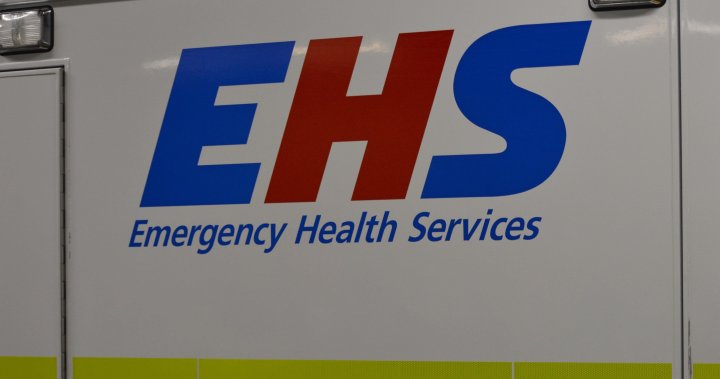The cargo ship Dali experienced an electrical blackout about 10 hours before leaving the Port of Baltimore and yet again shortly before it slammed into the Francis Scott Key Bridge and killed six construction workers, federal investigators said Tuesday, providing the most detailed account yet of the tragedy.
The power outage occurred after a crewmember mistakenly closed an exhaust damper, causing the ship’s engine to stall, investigators with the National Transportation Safety Board said in their preliminary report. Shortly after leaving Baltimore, the ship crashed into one of the bridge’s supporting columns because another power outage caused it to lose steering at the exact worst moment.
The report provides new details about how the ship’s crew addressed the power issues it experienced while still docked in Baltimore. A full investigation could take a year or more, according to the safety board.
Testing of the ship’s fuel did not reveal any concerns related to its quality, according to the report.
After the initial blackout caused by the closed exhaust damper, investigators say a backup generator automatically came on. It continued to run for a short period — until insufficient fuel pressure caused it to kick off again, resulting in a second blackout. That’s when crewmembers made changes to the ship’s electrical configuration, switching from one transformer and breaker system it had been using for several months to another that was in use upon its departure, according to the report.
Investigators stopped short of drawing a direct line between those earlier power issues and the blackout that ultimately caused the bridge collapse.

“The NTSB is still investigating the electrical configuration following the first in-port blackout and potential impacts on the events during the accident voyage,” investigators wrote.
The email you need for the day’s
top news stories from Canada and around the world.
The safety board launched its investigation almost immediately after the collapse, which sent six members of a roadwork crew plunging to their deaths. Investigators boarded the ship to document the scene and collect evidence, including the vessel’s data recorder and information from its engine room, according to board chair Jennifer Homendy. Investigators also interviewed the captain and crew members.
“Our mission is to determine why something happened, how it happened and to prevent it from recurring,” Homendy said at a news conference days after the disaster.
According to the preliminary report, at 1:25 a.m. on March 26, when the Dali was a little over half a mile away from the bridge, a primary electrical breaker that fed most of the ship’s equipment and lighting unexpectedly tripped, causing the ship to lose power. The main propulsion diesel engine shut down after the pumps lost power. The ship’s crew was able to restore power, then called for an assist from tug boats and the senior pilot ordered the ship’s anchor to be dropped.

A second blackout then occurred and a marine radio call was made to warn waterborne traffic. The ship then struck a main support pier on the bridge, causing it to collapse within seconds.
The ship, which was headed from Baltimore to Sri Lanka, issued a mayday alert with just enough time for police to stop traffic, but not enough to save the workers filling potholes on the bridge.
The last of the victims’ bodies was recovered last week.
On Monday, crews conducted a controlled demolition to break down the largest remaining span of the collapsed Francis Scott Key Bridge, a major step in freeing the grounded Dali container ship.
The board’s preliminary report released Tuesday likely includes a fraction of the findings that will be presented in its final report, which is expected to take more than a year.
The FBI has also launched a criminal investigation into the circumstances leading up to the collapse.
Homendy said the National Transportation Safety Board investigation would probe all aspects of the crash, including what caused the ship’s power loss and whether it had been experiencing similar issues prior to the blackout. Investigators also planned to review policies, training practices and other factors that could be relevant. And the design, engineering and condition of the bridge would be studied, she said.
Homendy said before a U.S. Senate committee last month that the investigation was focused on the ship’s electrical system generally.
© 2024 The Canadian Press





